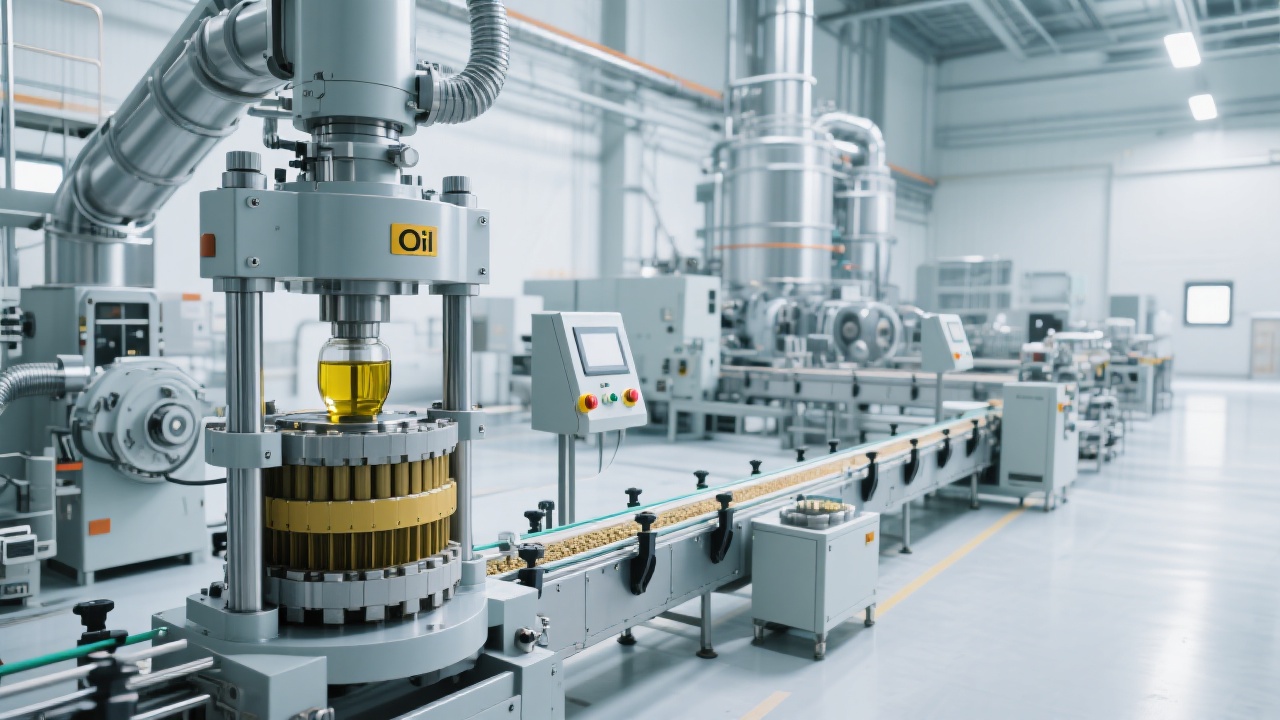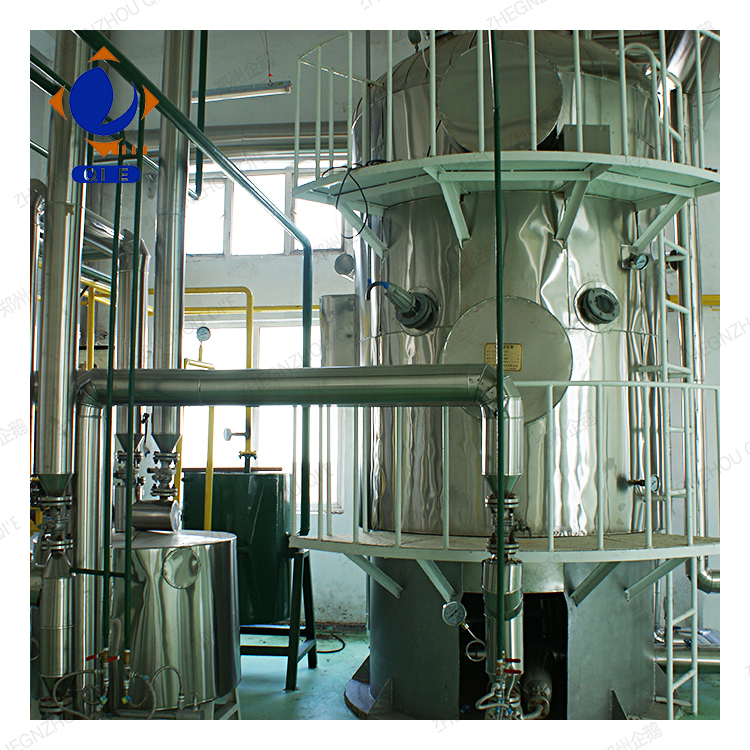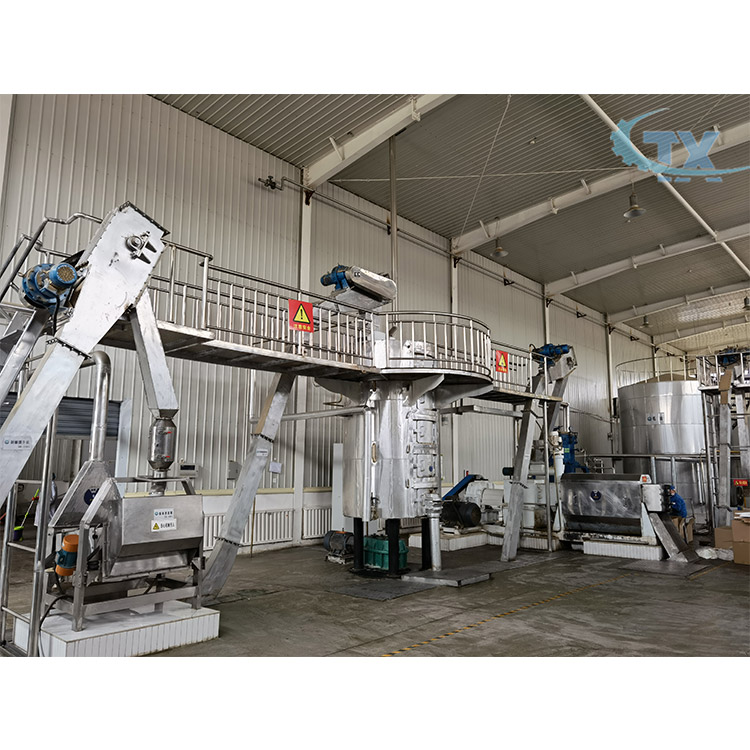
In the world of peanut oil production, the spiral oil press stands out as a key piece of equipment. Its unique structure consists of a spiral shaft rotating within a barrel. As the peanuts are fed into the press, the spiral shaft gradually compresses the peanuts, squeezing out the oil. For instance, a well - designed spiral oil press can increase the initial oil extraction efficiency to about 80%.
The PLC automatic control system is another technological highlight. It can precisely control the speed of the spiral shaft, the temperature inside the press, and the pressure during the pressing process. By setting different parameters according to the characteristics of different peanut varieties, it ensures a stable and efficient oil extraction process. For example, for high - oil - content peanuts, the system can adjust the pressing speed to avoid excessive pressure that might lead to oil quality degradation.

One of the most common problems in peanut oil production is low oil yield. This may be caused by improper moisture content of peanuts, incorrect pressing temperature, or worn - out pressing parts. For example, if the moisture content of peanuts is too high, the oil will be difficult to separate from the peanut residue. By adjusting the moisture content of peanuts to about 8% - 10% and maintaining the pressing temperature at around 120 - 130°C, the oil yield can be significantly improved.
High energy consumption is also a major concern for production enterprises. The main reasons include inefficient motor operation and unreasonable equipment structure. Through the use of high - efficiency motors and optimized mechanical structures, energy consumption can be reduced by about 20% - 30%. For example, using a variable - frequency motor can adjust the power according to the actual production demand, thereby saving energy.
Clogging faults often occur at the feeding port or the oil outlet. This may be due to the accumulation of peanut residue or foreign matter. Regular cleaning and maintenance of the equipment can effectively prevent clogging. In addition, installing a filter device at the feeding port can remove large - sized foreign matter, reducing the probability of clogging.

Let's take a peanut oil production enterprise as an example. Before using our optimized peanut oil press, the enterprise had an average oil yield of only 70%, and the energy consumption per ton of peanuts was about 200 kWh. After adjusting the parameters of the press, such as increasing the pressing pressure and optimizing the pressing time, the oil yield increased to 85%, and the energy consumption per ton of peanuts was reduced to about 150 kWh.
It should be noted that different peanut varieties have different oil content and physical properties. For example, some peanuts have a higher oil content but a softer texture, which requires more gentle pressing parameters to ensure oil quality. In addition, temperature control also has a significant impact on the flavor of peanut oil. Controlling the pressing temperature within a reasonable range can preserve the natural flavor of peanut oil.

In summary, our fully automatic peanut oil press combines advanced mechanical structure design, efficient automation control system, energy - saving and environmental - friendly production processes. It can help export enterprises improve equipment stability and extraction efficiency, achieve energy - saving and efficiency - increasing, and ensure the quality of peanut oil.
Choose our fully automatic peanut oil press, and let your production be more efficient and energy - saving, helping your enterprise win in the global market. Click here to learn more about our products!

